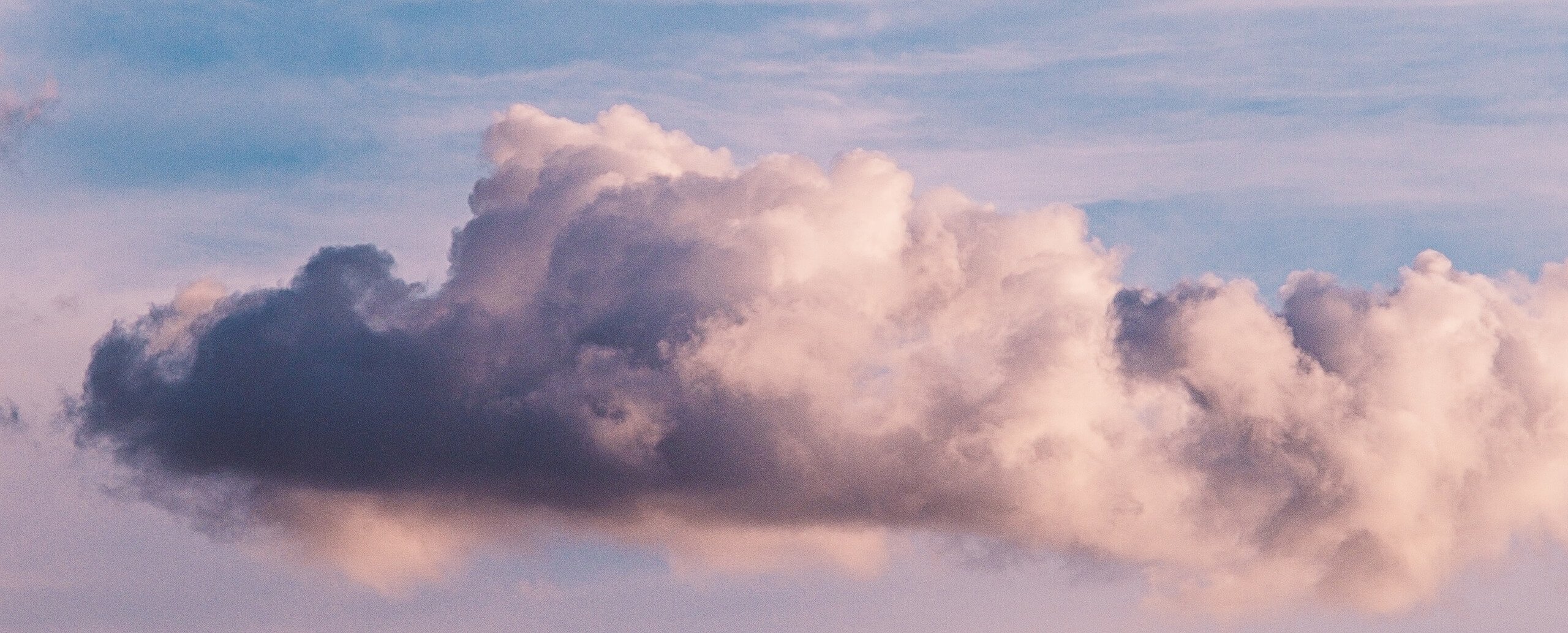
CLIMATE ACTION
Our customers want climate action now and demand a more sustainable approach. We will partner with them, and our industry peers, to create a more sustainable fashion industry, which includes delivering on our ambitious plan to reduce absolute climate emissions by 50% by 2030 across our value chain.
CLIMATE CHANGE
The fashion and textile industry stands for a significant part of the world's greenhouse gas emissions. Production, transport, use and disposal of textile products generate a huge amount of emissions of greenhouse gases that contribute to global warming, without a doubt enough to demand rapid action.
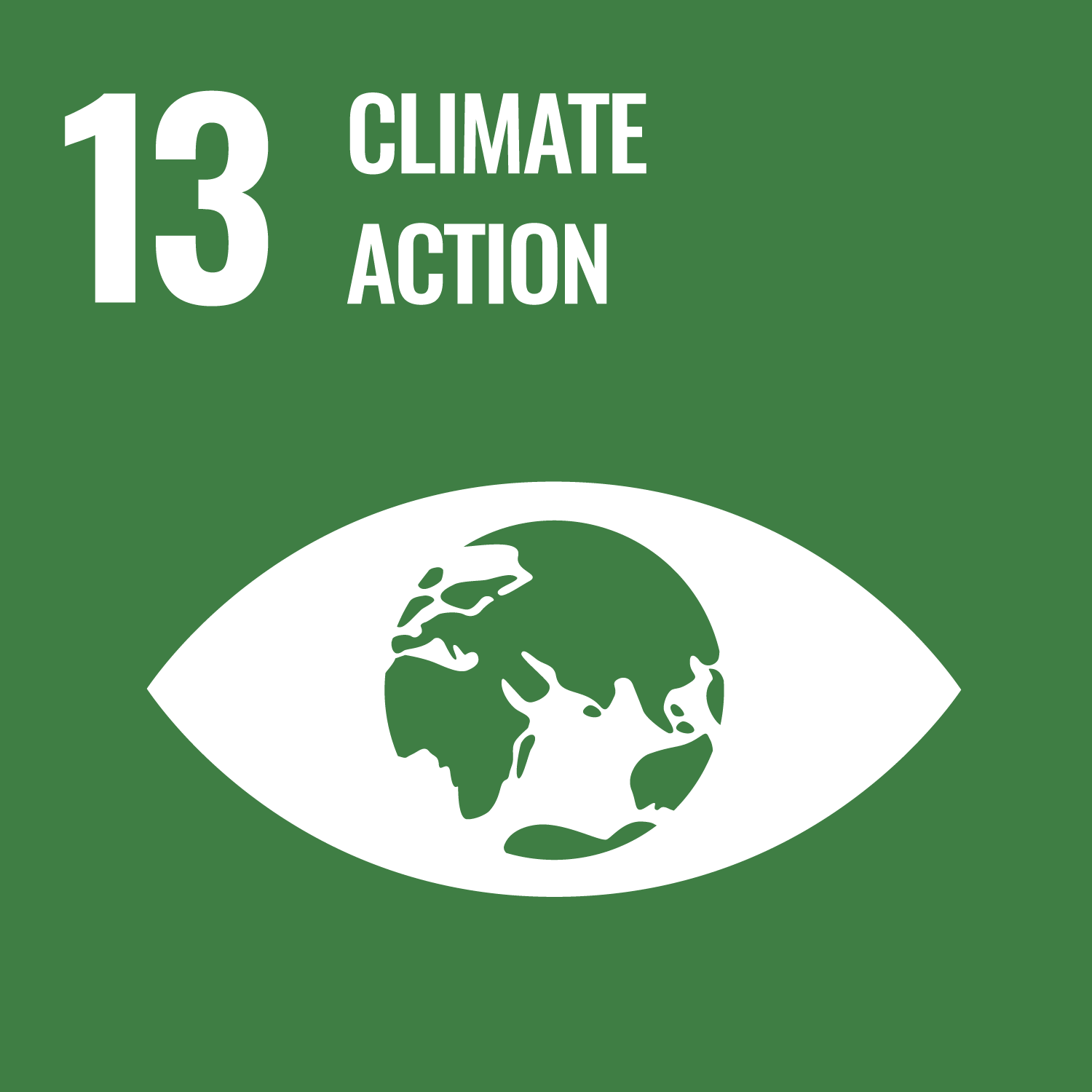
The time is now
To reduce the risks, we must all work together to limit global warming to a maximum of 1.5°C above pre-industrial levels. We are already at plus 1.1°C, so the time to act is now. That's why we have set bold targets to reduce our absolute climate emissions by 50% by 2030, compared to 2020, and by 50% per product (and service) sold by 2025. We know we must have bold climate ambitions to drive the change needed.
It is our responsibility
Depending on what research you look at, and how you define the industry, the fashion sector has a significant impact on climate change - ranging somewhere between 3-10% of total global greenhouse gas emissions. From our point of view it does not matter exactly what the number is. The important thing is that we know it is significant, and that we have to act. Now.
OUR COMMITMENTS
Reduce climate emissions by 50% by 2030
We will reduce our climate emissions by 50% by 2030, and by 50% per product (and service) sold by 2025.
OUR GOALS
- By 2025, reduce emissions from our own operations by 80% (scope 1 & 2)
- By 2025, reduce emissions by 50% per product (& service) sold (scope 1, 2 & 3)
- By 2030, reduce absolute emissions by 50% (scope 1, 2 & 3)
- By 2030, have 75% of our production volume being made with renewable energy
- By 2030, have 75% of our last mile truck deliveries fossil free
- By 2030, reduce emissions by 45% from product materials through volume reduction and moving towards using best available technology
All of the above is compared to a 2020 baseline.

WHERE WE ARE
To learn more about our progress, please see our latest Sustainability Report.

KEY ACTIONS
- Switch to renewable energy in our own operations (achieved)
- Continue to work to reduce emissions from our transportation
- Enable and support factories to switch to renewable energy
- Increase the share of organic, recycled or other lower impact materials in all our products, to reach 100% in 2030
- Increase the share of recycled materials for synthetic fibres and metals, to reach 100% in 2030
- Support supply chain partners to use water, chemicals, and materials more efficiently
- Accelerate the shift to circular business models and services

Inspire customers to have a more sustainable wardrobe
We want to encourage and collaborate with our customers to jointly create a more sustainable fashion industry.
OUR GOALS
- By 2025, reach 100% of customers buying products with organic, recycled or other lower impact materials
- By 2025, generate 70% of GMV from products with at least 50% organic, recycled or other lower impact materials
- By 2025, reach 5% of customer orders with at least one second hand item

WHERE WE ARE
To learn more about our progress, please see our latest Sustainability Report.

KEY ACTIONS
- Encourage more sustainable consumer behaviour.
- Inspire customers to take better care of their products so they last longer.
- Educate customers on more sustainable fashion consumption.
- Better and more transparent customer communication on NA-KD’s climate impact, actions and results.

Our progress
We will not let ourselves or our customers down – we are determined to meet our ambitious goals. Our biggest challenge is to reduce absolute emissions while being a young and growing company. With NA-KD’s pace of business growth, it becomes even more important to integrate climate action into our business strategy. To have a chance to reach our targets, we need to decouple growth from volume, use less CO2e per new product produced and have a large part of our business come from circular business models. To achieve our goals and to integrate them into our business, we have developed a climate action roadmap, a detailed plan to reach our targets by 2030.
You can read the roadmap here. Read more about our approach to circularity here. For details about our climate calculations, please see our latest Sustainability Report.
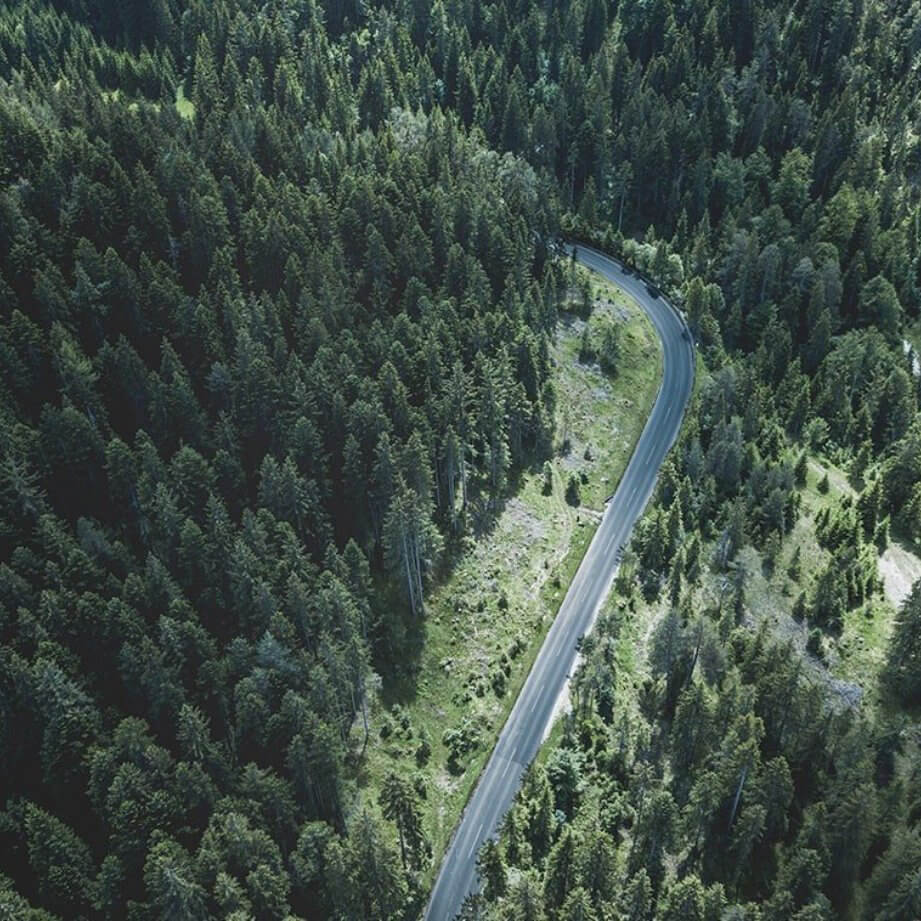
Reducing emissions from our transports
We are continuously working to reduce emissions from our transportations, with a focus on keeping our transports options on the ground. To learn more about how we work in this area, please read more here.
Reducing supply chain impacts
Over 80% of our climate footprint comes from the materials we use and the production of our garments - from raw materials to finished items. Reducing this impact is therefore of the highest importance to us. We do this by working with our suppliers (read more here) and by rapidly increasing the share of more sustainable materials in our products (read more here).
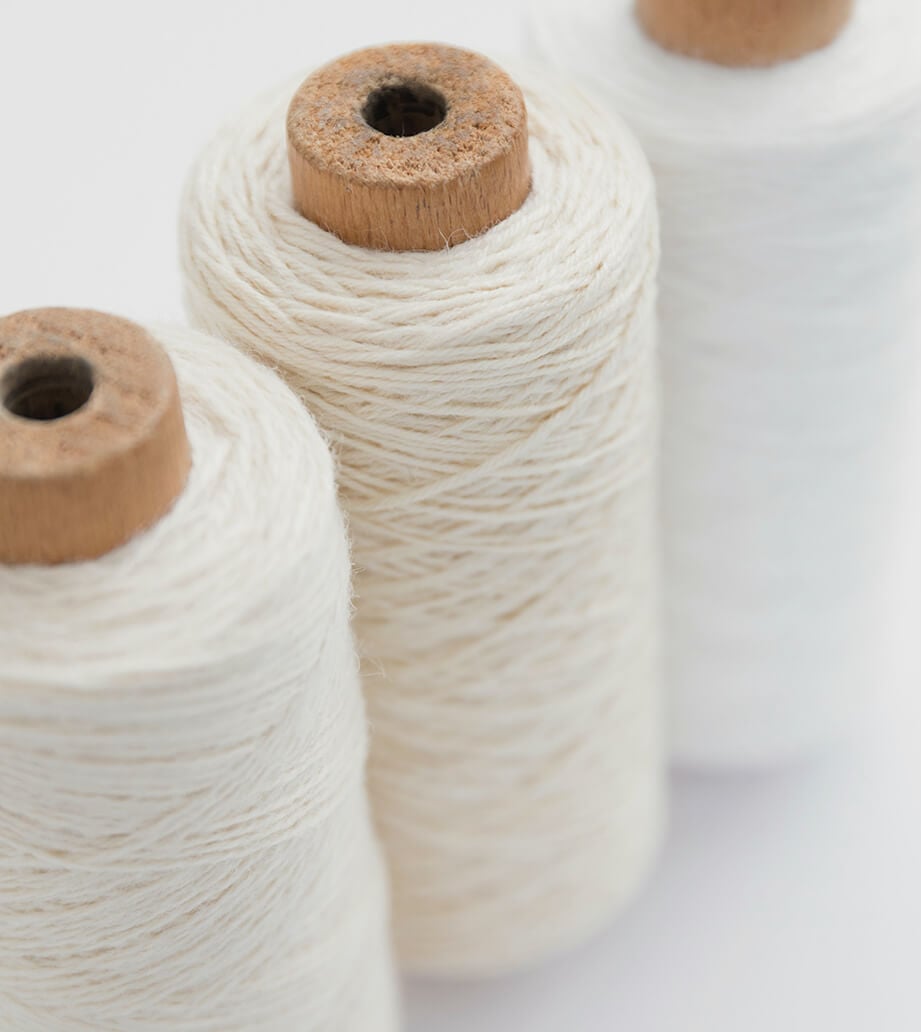
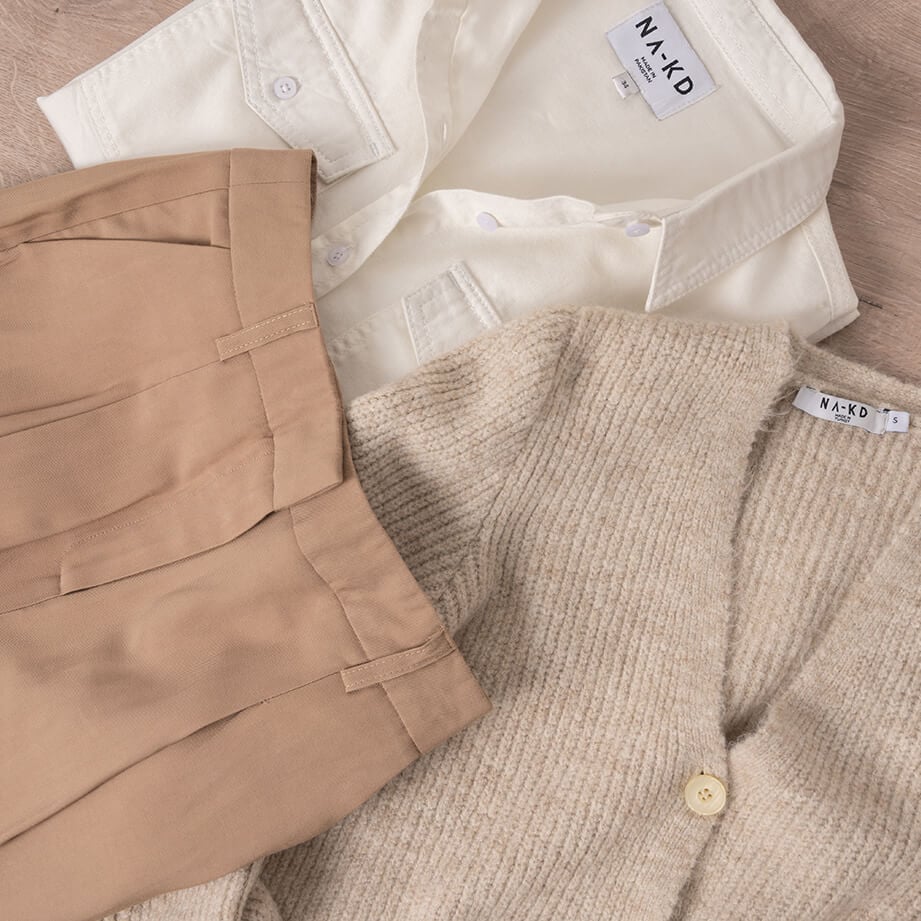
Climate and YOU
It’s easy to be NA-KD
Want to take part in our work for a more sustainable world of fashion? Start by extending the life of the items you buy from us: if you are wearing your garment twice as many times compared to average, it reduces the relative impact of it by up to 50%. Simple as that!
Climate compensation
Our number one focus is to reduce emissions. As an e-commerce company, we are working in close collaboration with our transport providers. But there is no such thing as sustainable transport today – in particular not for air freight and long truck transportation. In waiting for more sustainable solutions, we climate compensate all our transport and are in close dialogue with all our logistics providers to push the change needed in the transport industry.
For details on our climate compensation, please see our Offsetting Report and our Sustainability Reports for the respective years. You can find our reports here.
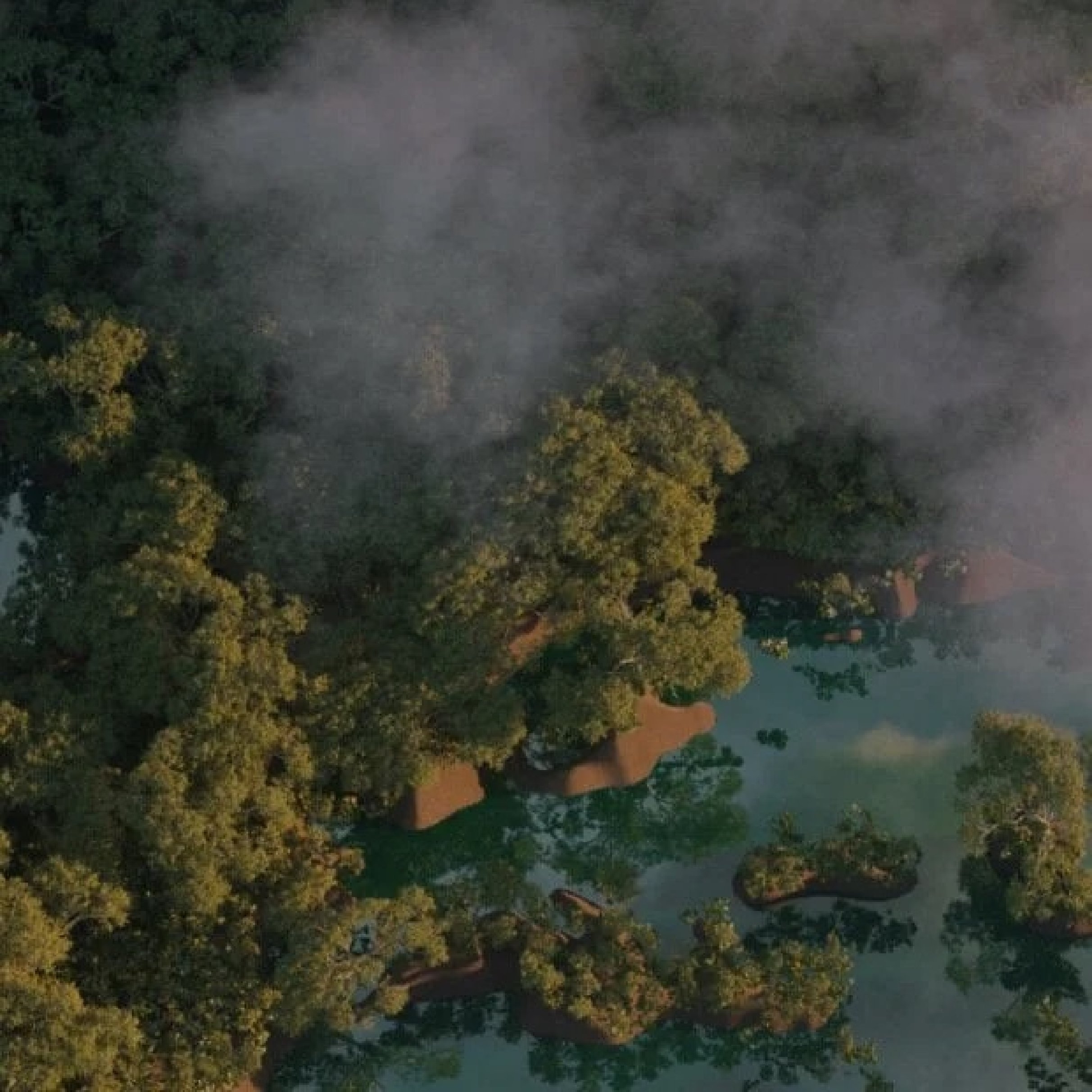
Always gold standard
Our work and projects for climate neutrality are accredited by the Gold Standard. The Gold Standard for the Global Goals is a standard and logo certification mark program for non-governmental emission reductions projects in the Clean Development Mechanism (CDM), the Voluntary Carbon Market and other climate and development interventions.
CURRENT PROJECTS
For 2022, we offset the 6,541 (9,209) tons CO₂e that were created by our transport through investments in wind farm projects in our two biggest production countries - China and Turkey.
For China, the project in the Hebei province in China continues from 2021 - it will install and operate 66 wind turbines. For Turkey, we're investing in two new projects. One in the Gaziantep province, where a wind power plant is planned that has 63 MW installed power in total, an amount of electricity generation that will lead to a reduction in carbon dioxide emissions of around 105,000 tonnes per year. The other is a wind power plant in Balabanli. This project will generate around 152.8 GWh electricity annually into the Turkish grid, and compared with the baseline situation for the electricity system of Turkey, this amount of electricity generation will lead to around 75.000 tonnes carbon dioxide emission reduction per year.
PAST PROJECTS
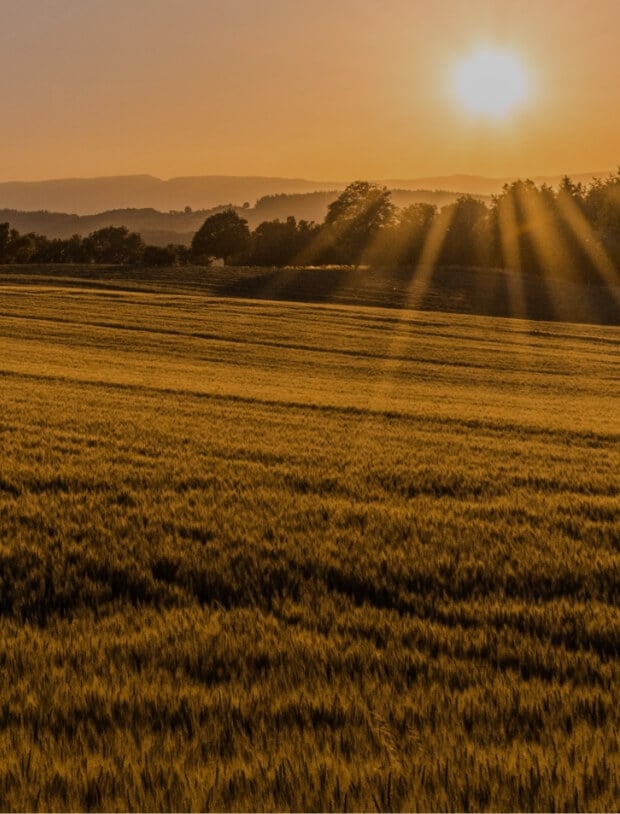
INVESTING IN WIND PROJECTS
To climate compensate for our transportation in 2021, we have invested in two wind power projects – one in China and one in Turkey. The project in the Hebei province in China will install and operate 66 wind turbines and the one in Turkey, near Kýrþehir in the south east of Ankara, is estimated to generate 346000 MWh annually.
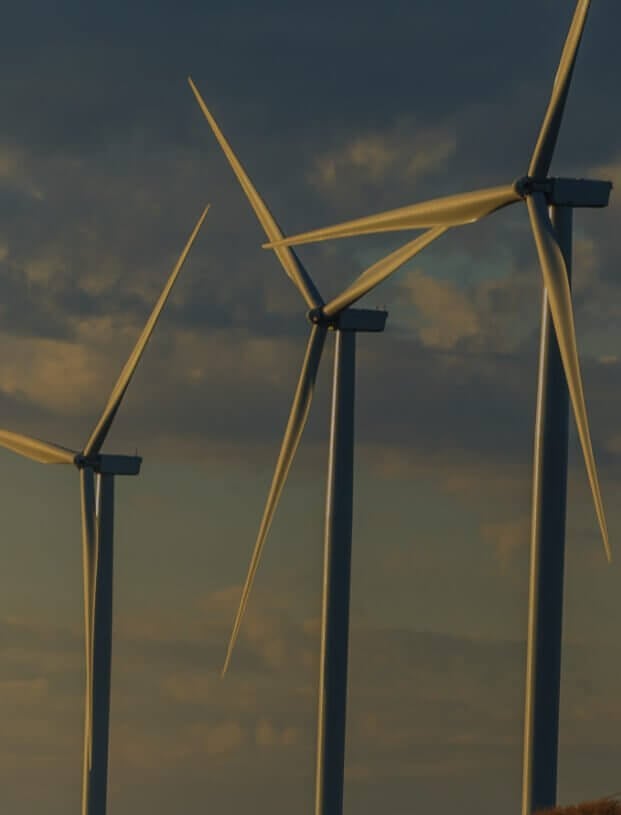
Wind and sun for
shipping
shipping
To climate compensate for our transportation in 2020 we have invested in a wind power project of 75 wind turbines in India. We have also invested in a solar power project in Jaisalmer in India. In total, we have offset 10101 tCO2e for our transports for 2020.

Black week 2020
During Black Week of 2020, NA-KD compensated for all carbon emissions generated by us and our producers by investing in a wind power project in Tamil Nadu in India. In total, we have offset 7099 tCO2e for Black Week 2020.

NA‑KD
FUTURE
Shop collectionFUTURE
HOME
SHOP NA-KD BUY SECOND HAND
LEARN MORE ABOUT OUR COMMITMENTS:
LEARN MORE ABOUT HOW WE WORK WITH SUSTAINABILITY:


